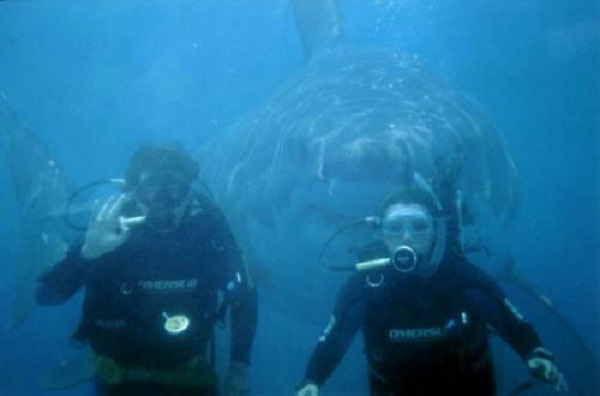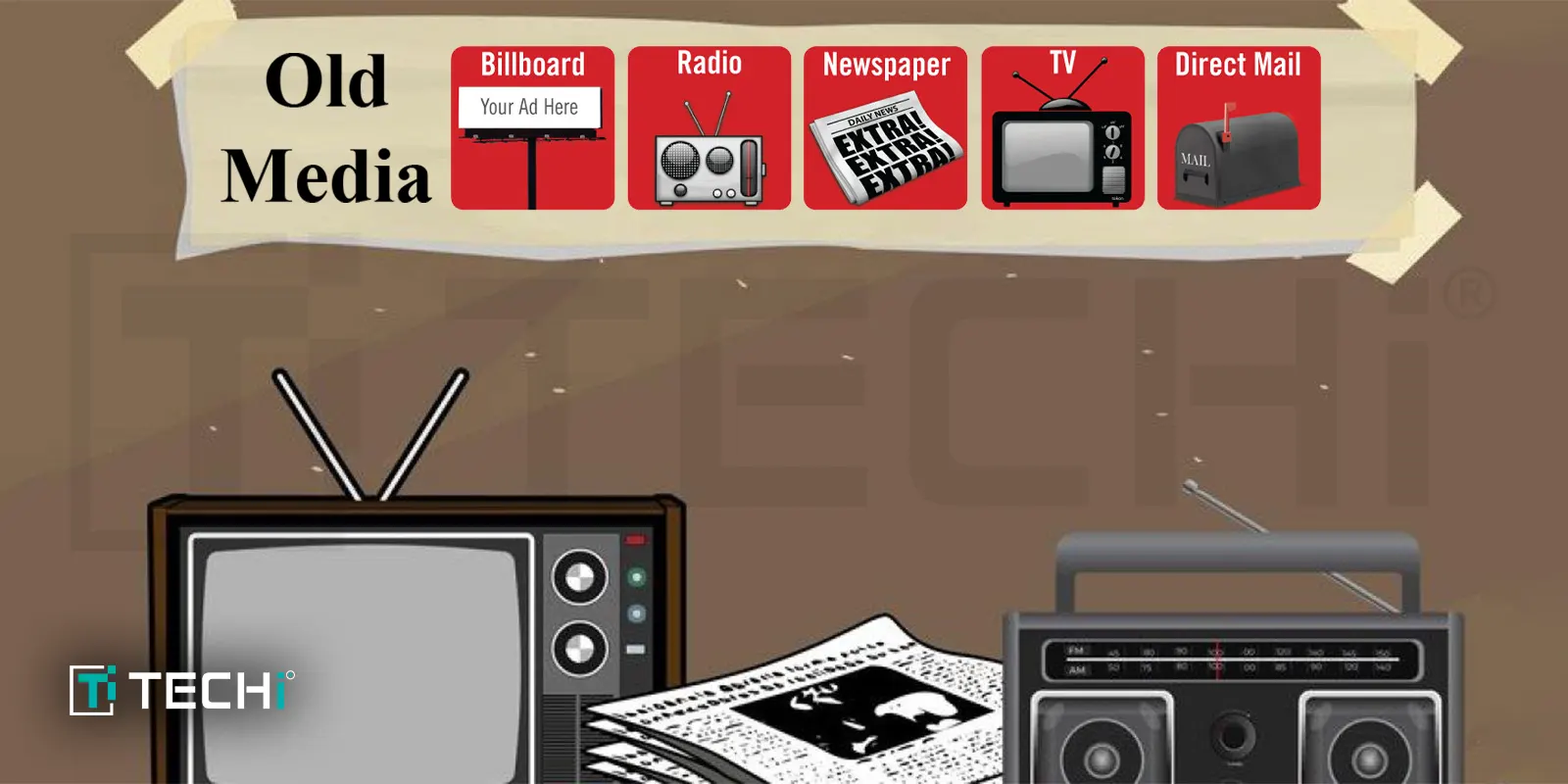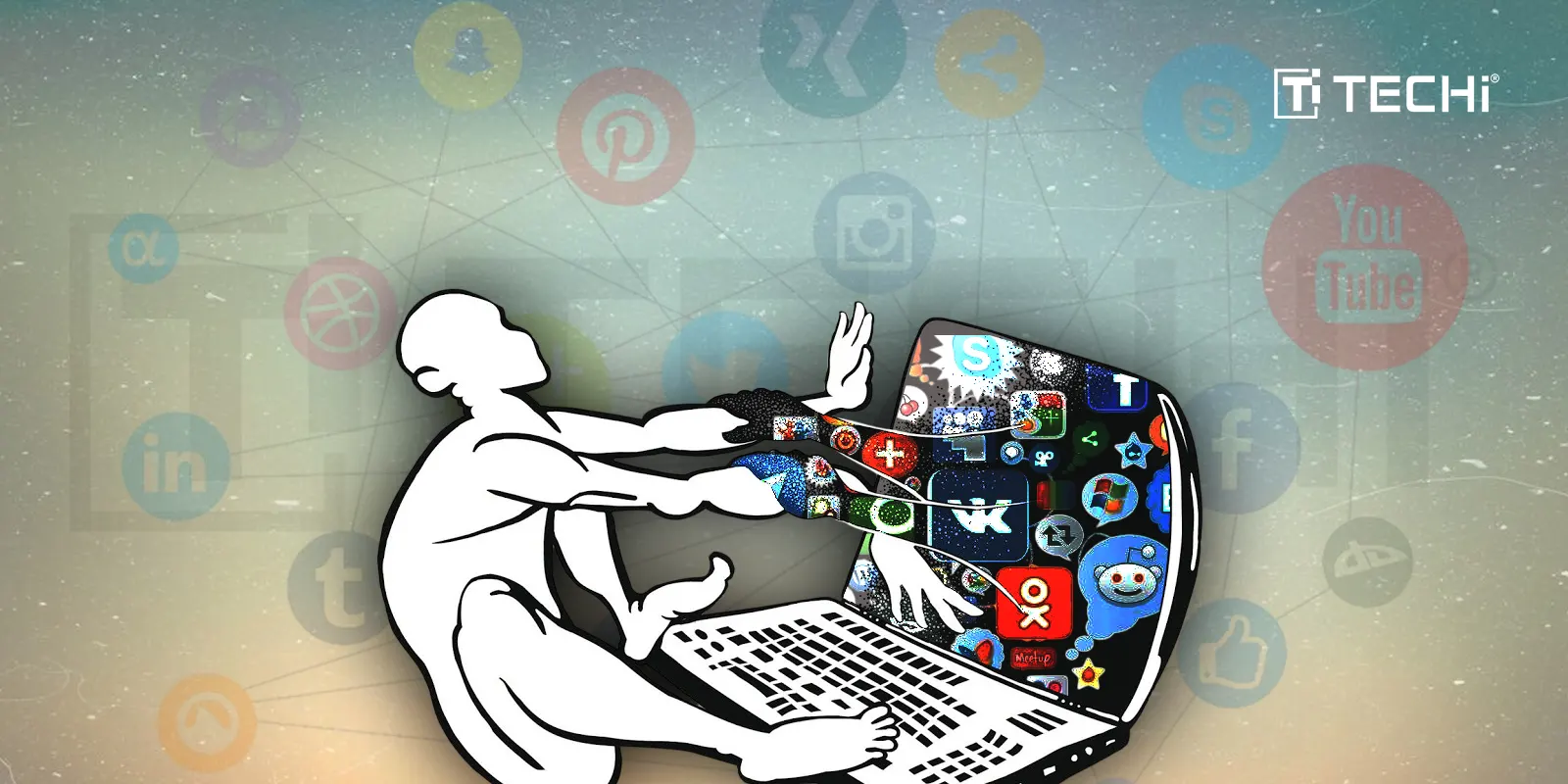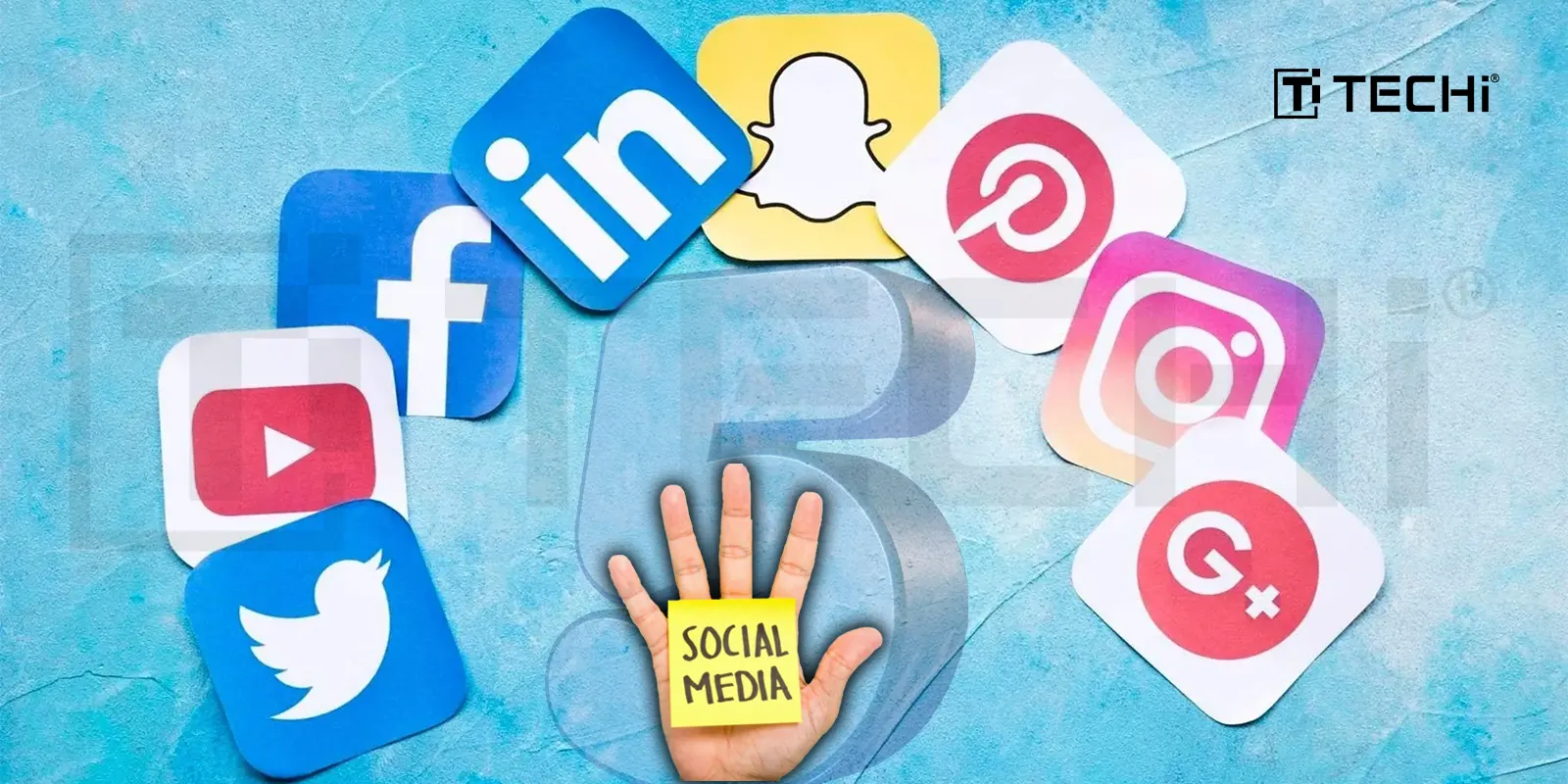Why Nothing Will “Save” Print Media

That, I freely admit, is a controversial title. Unfortunately, that doesn’t make it any less true.
While there is always chatter online about what the web will or won’t do to ‘old media’, a couple of recent developments have popped up this week: first, that News Corp (the same people who run Fox and The Wall Street Journal) may launch a tablet-only ‘publication‘; and secondly, a report (pdf link) by Next Issue Media that suggests that, if magazines expand beyond the iPad, they’ll rake in about $3 billion by 2014. What’s more, the same study said that consumers actually don’t mind paying near print prices for digital version of magazines.
Still, while $3 billion of revenue sounds a lot, consider this: Time Warner’s publishing division earned $900 million in one quarter. That’s just one company.
But revenue is only part of the equation. Those who think that print media will be ‘saved’, in the traditional sense of the word, are wrong. Here’s why:
Why “Save” Is The Wrong Word
The problem with the word save is that what it seems to mean is ‘preserve’. If I worked hard to ‘save’ my way of life, my life would basically stay the same. But print media – or its practices – will not be ‘preserved’. They will be radically altered.
What underpins the behavior of many large, old media companies is that they just need to hit on the right formula that will translate their businesses from digital to print. If Time Magazine earns $900 million a quarter, then with the right app, web site or business model combining many approaches, Time Magazine will continue to earn $900 million a quarter. It’s just that a little switch will be flipped, and that revenue will come from digital.
It’s the wrong mentality. It assumes that the only thing that will change is the delivery mechanism; the underlying practices and ideas – journalism, good writing, hiring good talent etc. – will stay the same. That isn’t the case.
The web isn’t just changing how people get information or media, its changing both consumption habits and the economics of that process.
Old Media Relied on “Attention Silos”

Many old media businesses worked by aggregating talent and brands in one place. The classic newspaper is the best example of this. It wasn’t simply that you picked up a newspaper to read the news; instead, people bought newspapers because they had everything they needed: classifieds, the weather, TV listings, the sports scores, the news headlines and countless other things. Paying a small amount of money for so much made total sense.
Even a relatively new magazine like Wired does something similar. But rather than collecting information, it gathers talent: all the best and brightest try and write for Wired, so we buy the magazine in the hopes that we’re getting the best, most cutting edge views on the modern world.
So, for lack of a better term, ‘old media’ relies on these silos of attention: they gather stuff all in one place and then sell that package to you. This was the fundamental business model that ruled for decades – and is now being shaken to its core.
The Web, Not the Newspaper, Does the Aggregating

There’s a minor wrinkle in trying to continue to follow the business model described above: the web doesn’t need media business to gather information or talent for you, because that’s how it works.
Rather than going to the site of one company to get all the information you need, the web gives you two choices to do that yourself: either simply visit a bunch of different sites to see what you want (for free); or you can use other sites and software, like iGoogle, Netvibes or the ones ISPs set up, to gather things all in one place yourself.
But what’s important in this is that it means gathering large numbers of readers to one particular site is much more difficult because the field of available information has widened so much. In some ways, it’s about specialization. Want the best weather report, and you go to a dedicated website. But in another, it’s that people are effectively putting their own newspapers together. They get their news from a mix of local and national news sites, their sports from another, celebrity gossip from specialized sites and entertainment from all over.
So, the model of ‘aggregating attention’ in one place no longer works as well because, if you ask consumers to only stay on your site, you’re putting them at a disadvantage, since not even the best newspaper on earth could possibly compete on every single front.
Why “Quality” Won’t Help
So, the obvious response to this fragmentation of information is to aggregate talent, right? Make your online publication the destination by getting all the best people there? Not quite.
The problem is that the web’s spreading out of information comes about because it’s so much easier to specialize online. Can you imagine buying a full newspaper with just weather reports for the whole world in it just to find your own? It’s absurd, right? But building a website like that makes total sense because people come to you for their own slice of information and can ignore the rest of it.
But this same issue means that anyone who wants to write on a variety of topics can do so essentially for free. This is a real problem – for magazines especially – because in-depth writing on specific topics was their main function.
See, we used to turn to magazines – even more so than newspapers – to get the smart, long view on both contemporary culture or a specific interest like tennis or auto racing. But now, despite the fact that there is a ton of stuff online that is terrible, there is also tons of stuff that can replace magazine stories – and it is often written for free.
Don’t believe me? A perfect example is Tim Carmody’s week-long guest blogging at famous blog Kottke.org – it’s often much better than writing you find in magazines. It’s not isolated either. Something similar can be said about n+1, Hilobrow or The Smart Set. What’s more, you still get access to thousands of articles from all over the place, so you can, rather than picking up one magazine, read articles from the London Review of Books, the Atlantic – or Eurogamer and IGN – and read everything you could possibly want.
The Future Will Be… Well, Different
So, what’s clear is that print media will not save itself looking to replicate itself in a digital fashion because print and the web just work differently. What’s more, the economics of the web mean that it’s too hard for singular publishing entities to compete with the wealth of content online.
And sure, there will be exceptions: maybe the ‘New York Times‘ will have enough cultural import to make it online.
But print media as we know it will be fundamentally altered. And it won’t be because it’s ‘obsolete’ or because it’s bad. It’s simply that technological advances mean that people are better served by electronic publishing and its attendant changes.




















unfortunately i wouldn’t want to read the news on anything – it’s depressing.
that said, time / newsweek, etc., will still have enough subscribers (seemingly every doctors waiting room) to keep going, and just how the hell do you pin an electronic centrefold to your locker door (or whatever)?
I’ve been hearing this for the last ten years and I still read a paper every morning.
But then television was meant to kill radio too.
Sure, printed media dying off will happen, just as the paperless office we were promised back in the early 80’s.
Offices use more paper today than ever before…
While an individual office worker may use more paper than in the past, the organization as a whole most likely has benefited from some form of paperless document solution that has saved the company more paper than individuals could ever print themselves. LARGE reports (100K+ pages) have gone (or should go) paperless, and that is really where the “paperless office” lies.
Cultural theorists have been proclaiming print media’s doomsday since at least the the early 17th century. Sure, there was no Internet. Travel was perilous. Channels of communication were unreliable. And so on, ad infinitum, ad nauseum.
Attacks on print peaked in the late 19th century with the advent film, which is closely related to printing presses since both media revolutionized mass communication and were heralded as destroyers of “valuable” culture: printing presses spread literacy (awareness of their exploitation=loss of cheap labor) to the masses; film appealed to both classes, posing a double threat of lowering moral standards and luring art aficionados away from painting, theatre, sculpture, poetry, and literature. The attack on print and film continue today in pop culture and academe, respectively.
All of your often effectively rhetorical persuasive arguments aside (it’s late but had to comment), print has survived far more reliable, aesthetically pleasing, and arguably entertaining media for five centuries and persevered despite formidable opponents, e.g. the Holy Roman Empire. No digital revolution will kill print. Print is cherished by billions from university professors to Twilight fans to ‘zine followings to researchers (who know, like many other groups, that print is the most reliable source and that there’s no replacement for tactility of texts).
Perhaps perception, reception, distribution, and/or audiences will change, but in innumerable international cultures, print is alive and well and always will be.
Print will be around long after the computer is gone
Your succinctness contrasts sharply with my proliferation, but our points agree.
No.